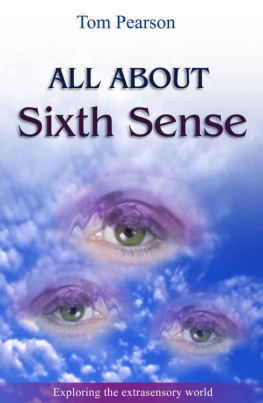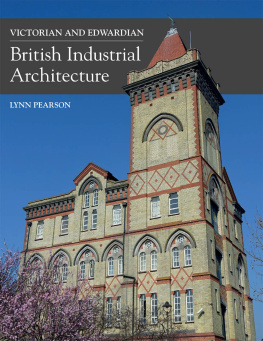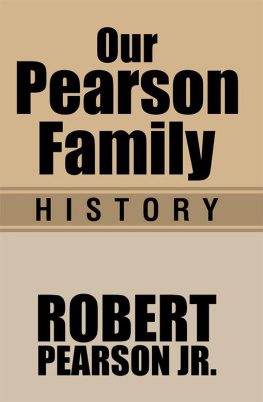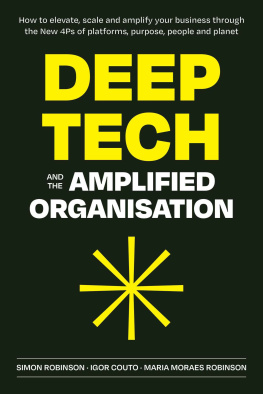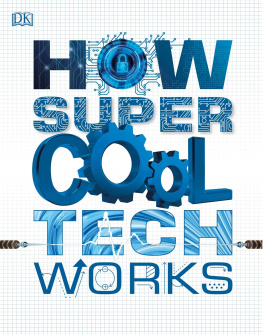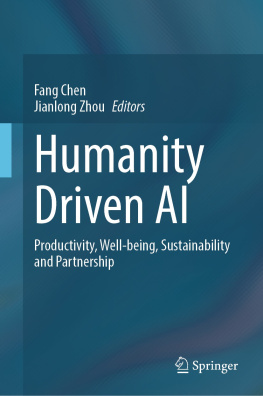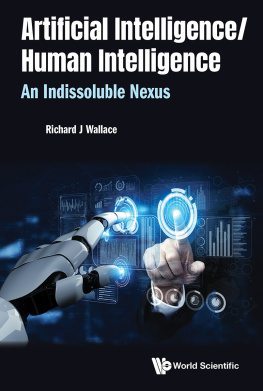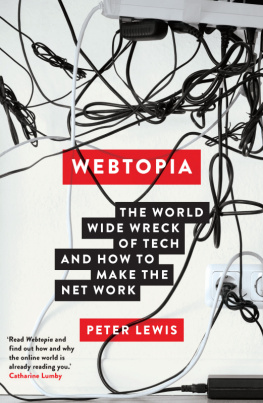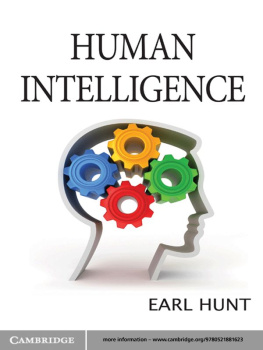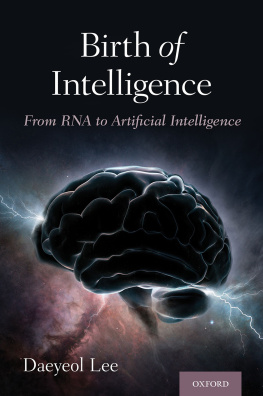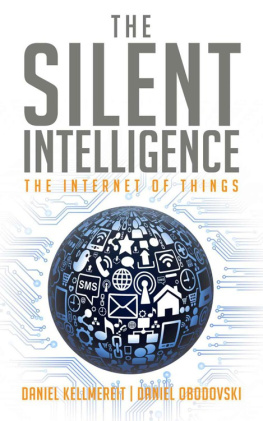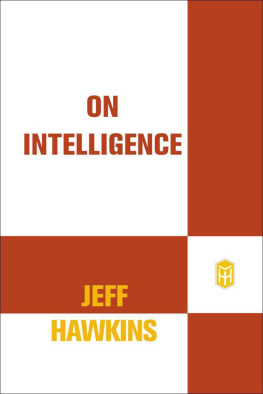Copyright 2020 Alexandra Pearson
Alexandra Pearson has asserted her rights to be identified as the author of her work in accordance with the Copyright, Designs and Patents Act, 1988. All rights reserved. No part of this publication may be reproduced, stored in a retrieval system, or transmitted in any form or by any means, electronic, mechanical, photocopying, recording or otherwise, without the prior permission of the author.
Edited and produced b y : Deborah Taylor, Book-Launch Your Business https://www.booklaunchyourbusiness.com
Original text design b y : Joanne Lloyd https://www.joannelloyd.net
Page design and layout b y : Catherine Williams https://www.chapter-one-book-production.co.uk
Cover desig n : Andy Prior https://andypriordesign.co.uk
Contents
Why Human Intelligences?
It looks as if there were a single ultimate goal for mankind, a far goal toward which all persons strive. This is called variously by different authors self-actualization, self-realization, integration, psychological health, individuation, autonomy, creativity, productivity, but they all agree that this amounts to realizing the potentialities of the person, that is to say, becoming fully human, everything that person can be.
Abraham Maslow
T e c h no l o g i c a l i n n o v a t io n i s c ha n g i n g l i v e s . T a k e 21-year-old Mike. He banks online, streams videos on demand, communicates with his friends via thumb power, orders food deliveries through an app, registers his bus ticket by QR code, checks his heartbeat, turns his heating up, swipes left and, on occasion, right. He applies for jobs by creating and uploading a video explaining his unique selling points, passes online psychometric tests and interacts in a virtual interview. He buys products that are constructed purely by machines, he books a telemedicine appointment to see his doctor, and creates music through a synthesiser while jamming with friends in five different cities. His life is rich with creativity and connectivity, much of it made possible through technological innovations. The work that Mike will eventually do will be cognitive and creative, the kind of work that only humans can do.
This human-centred work is not just for those entering the workforce in the coming years; the working landscape is changing for everyone, whatever their age, whatever their profession. Anything that can be automated is becoming so, such is the creative drive of the technological revolution. And as machines and algorithms take over the more automatable jobs, it is imperative that we, as human beings, focus our efforts and learning opportunities on developing and harnessing the most human of skills: curiosity, creativity and the ability to connect with others.
This is because we have a distinct advantage over machines. We have the ability to imagine, to dream of a future, to aspire to change and make that change happen. While machines are certainly part of the positive disruption in almost all industries, they lack the ability to imagine. Machines are, by all accounts, efficient and productive, but they cant even begin to compete with humans in our capacity to envision, to fabricate and to perceive future opportunities. Some industries are going crazy for machine learning, but robots cannot replicate human intelligence or replace humans. Robots and algorithms are restricted to their specific sphere, to do what they are programmed to do. A data collection system programmed to support your online shopping experience cannot suddenly imagine a new product, it can merely inform you of the data it is collecting. A robot serving food in a restaurant does not want to play the piano when it is off duty. Machines are built for specific purposes.
Technological advances can bamboozle. Their functions astonish. But amongst the development and implementation of all this clever technology there is a danger that the workforce will be seen as part of the mechanical process. Its too easy to forget that a team comprises thinking, feeling beings. An overuse of and over reliance on technology can leave team members stranded on isolated islands, forming restricted silos of expertise. As such, they have little hope of meaningful connection or communication with others, and even less hope of a cross-fertilisation of ideas. Its the human connection across silos the exchange of ideas and expert knowledge that makes space for and gives opportunity for creative breakthroughs. It is also where we feel good. But if we are so in awe of technological potential that we forget our people, we dissolve that innovative opportunity like salt in water.
Seeing customers as just a number on a profit and loss sheet, rather than human beings with needs and desires, brings its own dangers. The world loves machine learning. But is it sustainable to ask the customer to be patient while he or she teaches the machine? I had this experience very recently when I tried to get help solving a technical problem with the software I was using. I got onto the online chat that was offered on the homepage, but I just kept receiving endless apologies: I am sorry, I didnt quite understand that, Forgive me, I am learning, Can you use other words to describe your request?, Sorry, could you try and be more specific in your description? I am learning. I never did get an answer to my quite simple question because I failed to teach the machine what the problem was in the first place!
Do you feel theres a need to balance the use of digital technology with the fostering of human intelligence in all organisations, large and small?
If youre part of an organisation that uses technology to promote flexible, forward-looking, constructive working conditions, you no doubt feel empowered and want to contribute and grow. If youre a member of an organisation that tries to place you within the automation process, making no separation between you as a human and the demands of the machine, then youre likely to feel dehumanised and void of dignity and respect.
We must try to prioritise the capacity and needs of the human workforce in a world dominated by digital and technological progress. This doesnt mean reducing the use of technology whether youre an individual or an organisation its there to help you after all but it does mean placing more emphasis on, and making more time for, nurturing different aspects of human intelligence to ensure youre in charge of technology rather than being a slave to it.
We all want to live in a world that is future-focused, hopeful, compassionate and creative. These are human qualities born of curiosity and nurtured through connection with others. The technology just does the hard work.
The Future of Skills
Its important to acknowledge that technological innovation only exists in the realm of the human imagination. It takes a human mind to envisage the future, imagine potential and visualise cutting edge outcomes. These creative skills are specific to people it is merely the automated outputs that are transmitted by robots, machines and algorithms.
But, of course, its not just digital transformation that is carving out the future of work. We must also consider the changing attitudes of people across the world. Our Anthropocene (human-focused) era is pushing the planet ever closer to it limits. We are awakening to new innovations and industries in green technology, health care and environmental protection. There is a burgeoning demand for predictions of natural disasters, so responses can be actioned faster. Just as our great grandparents could hardly imagine space travel, we can hardly imagine the inventions and interventions of the coming decades. But we would be wise to prepare.





